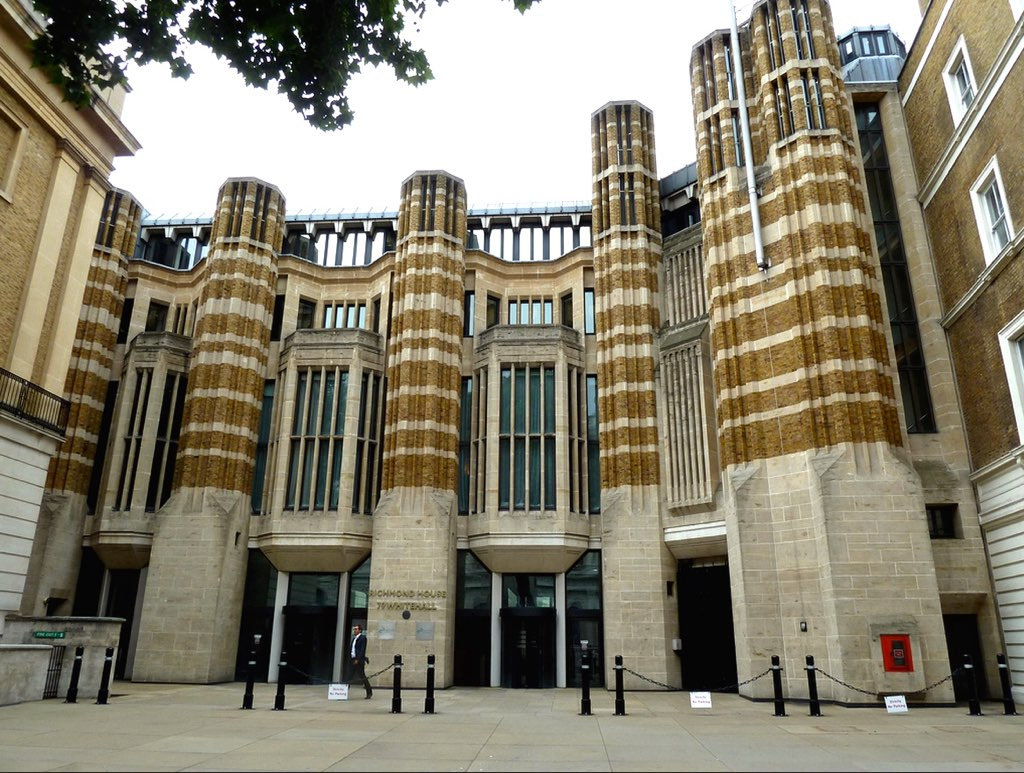Rising UK drugs bill raises fears of price controls

Higher than expected growth in the branded medicines bill has caused the UK government to consider price cuts.
The government has just completed a review of medicines sold under the so-called statutory scheme – the 'Option B' for those companies who have not joined the main Pharmaceutical Price Regulation Scheme (PPRS).
The statutory scheme sets maximum prices for medicines - along with possible price adjustments, and companies tend to join the alternative scheme if they think it suits their business model more than the PPRS system. One such company is HIV and Hepatitis C specialist Gilead Sciences, whose blockbuster hepatitis C therapy Sovaldi (sofosbuvir) is set for rapid uptake in the UK this year.
The government has decided to impose no additional price cuts for now, but with no long-term assurances the Association of the British Pharmaceutical Industry (ABPI) chief executive Stephen Whitehead is concerned this may be short-lived.
"Whilst it is good news for now that no further price cuts will be imposed on branded medicines on top of the 15 per cent imposed last year, I am concerned that there may be further cuts to come," he said, adding: "the total medicine costs in the UK represent 0.9 per cent of GDP compared to 1.2 per cent average across other countries."
Many pharma companies joined the 2014 PPRS - under which they are required to absorb the costs of NHS spending on branded drugs above a maximum capped amount - but a few declined to do so.
At the end of 2013 an across-the-board 15 per cent reduction in prices was imposed on companies in the statutory scheme to bring them into line with the PPRS, and the latest consultation looked at increasing that cut up to 25 per cent.
However, faced with a medicines bill that looks set to overshoot the 3.87 per cent growth target for 2014 by a couple of percentage points - and possibly rise above 7 per cent this year - the government started a consultation process last October to gauge responses to a proposal to impose additional price controls, along with the removal of some exemptions.
All told, the PPRS payment percentage for 2015 is now estimated to reach 10.36 per cent compared to an earlier estimate of 7.13 per cent.
"The government needs to retain the flexibility to respond to stronger than predicted growth in NHS spend on branded medicines, leading to higher than forecast PPRS payment percentages," says the report.
Industrial groups argued that the two schemes were distinct and those in the statutory system should not be penalised for a PPRS overspend, but the government has kept its options open, saying in the document that: "we may need to introduce a further limit on maximum price in the statutory scheme during 2015 within the range set out in the consultation document in order to keep the schemes in alignment."
Taper rejected
A request by small- and medium-sized drugmakers to introduce a clause in the statutory scheme which would allow companies with up to £25 million in sales of health service medicines to be exempt from any price adjustment for the first £5 million were rejected.
Leslie Galloway, chairman of the Ethical Medicines Industry Group (EMIG) which represents SMEs, said he was "delighted" by the decision not to impose price cuts, adding that the government "has listened to EMIG members regarding the potential adverse impact on investment, since companies had opted for a higher price cut under the statutory regulations in the interests of stability and predictability."
However, Galloway described the decision not to introduce a taper for the statutory scheme as a missed opportunity "to champion and stimulate smaller companies to invest and innovate."










